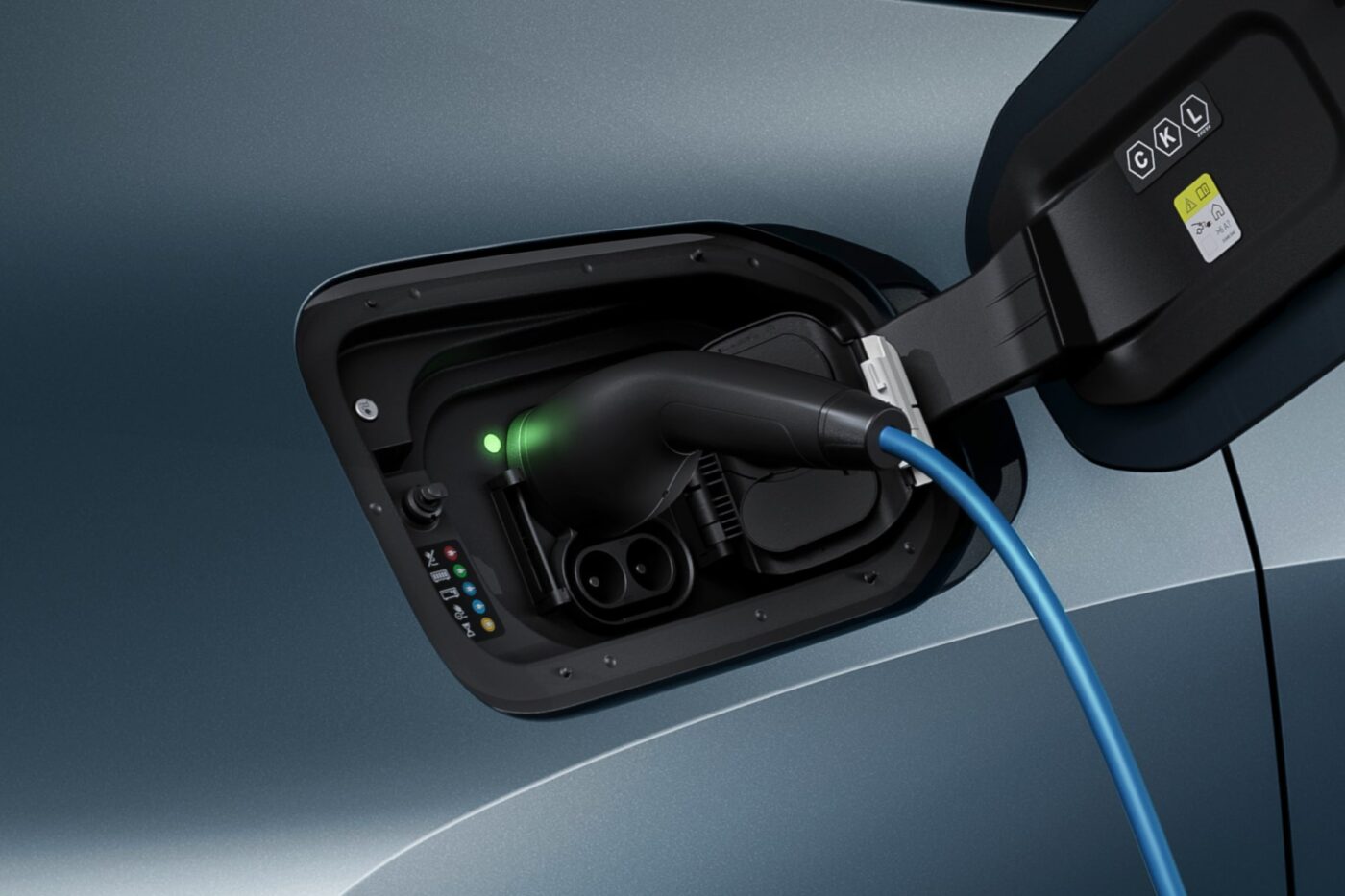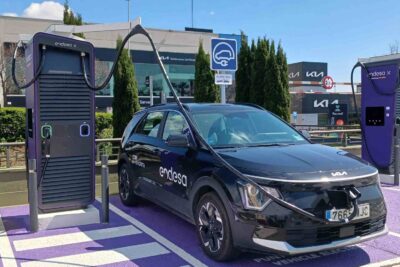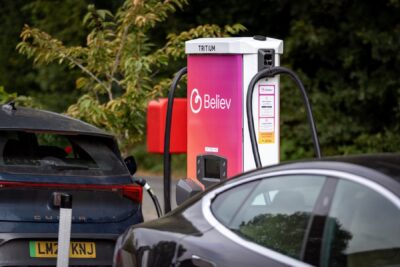Prague approves major charging infrastructure expansion
The electric vehicle charging stations are to be installed at various locations in the Czech capital and will be wholly owned by the city. The total cost of the project is estimated at almost 493 million Czech koruna (approx. 20 million euros), according to the city administration. The stated goal is to “make it easier for all residents to switch to electric mobility, even those who do not have the possibility to charge at home.”
Specific locations are not yet mentioned in the brief announcement, nor is a timetable for the construction of the 1,500 charging points. However, it stands to reason that these will primarily be located in residential areas. This is because the city states that the new charging stations are intended to enable regular overnight charging directly on the street. This is intended to increase convenience for users and “at the same time contribute to reducing greenhouse gas emissions and pollutants from traffic.”
The city administration describes the charging project as a response “to the challenges of climate change, air quality and urban noise.” The expansion of the charging infrastructure is part of a broader strategy to promote sustainable urban mobility. In fact, there are several efforts and projects underway in the Czech capital to transform transport and propulsion systems: At the beginning of the year, the Prague Public Transport Company (DPP) signed a framework agreement with Turkish manufacturer Bozankaya for 70 trolleybuses, and the city administration is also considering making e-taxis mandatory (for new vehicles) from 2029.
Last autumn, THMP, the company responsible for public lighting in Prague, announced plans to create over 1,000 lamppost charging points, each with a parking space reserved for electric cars, by 2026. It is not yet known whether these charging points are already included in the city’s expansion plans as announced.
“Without accessible public charging stations, the development of electric mobility will remain the preserve of a privileged few. Prague must offer a solution for all its residents – and that is exactly what this project delivers,” said Zdeněk Hřib, First Deputy Mayor for Transport. “Building a charging infrastructure is not just a technological project. It is a concrete step towards a cleaner and healthier city where people can live well. Investing in an emission-free future makes ecological, economic and social sense.”
praha.eu (in Czech)
This article was first published by Sebastian Schaal for electrive’s German edition.





0 Comments